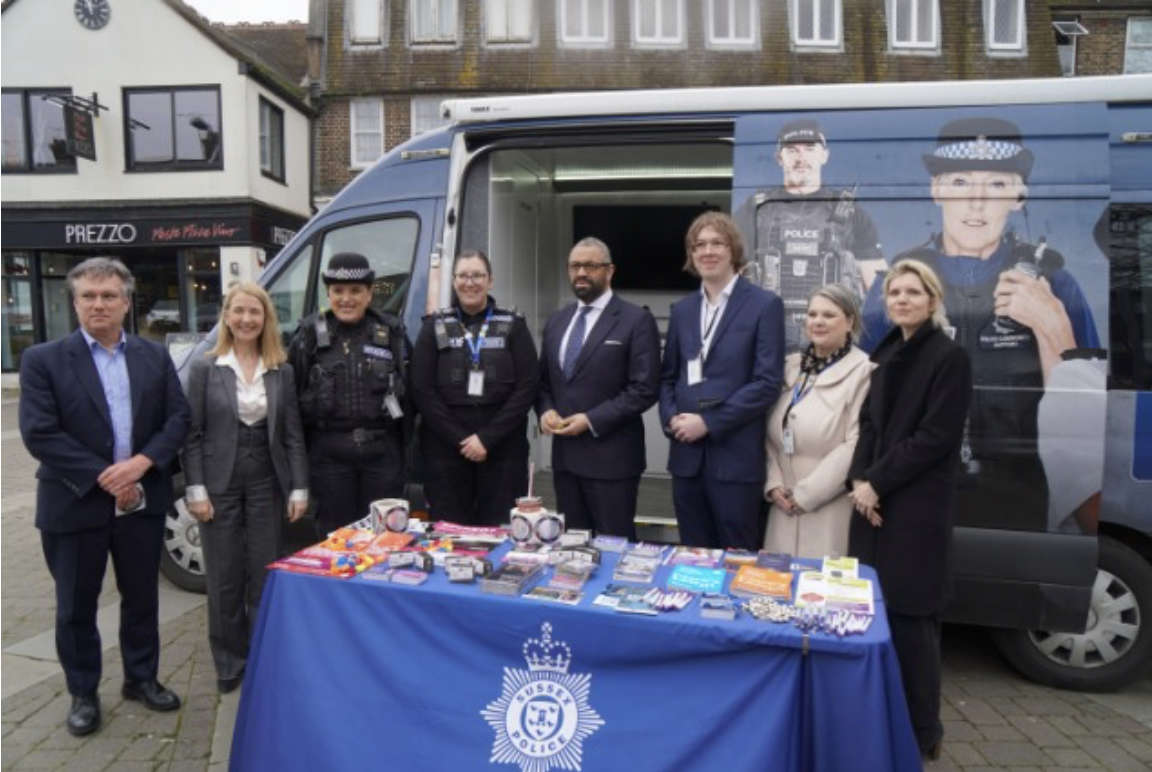
Last week marked Anti-Spiking Intensification Week where police forces and partners united to increase resources to tackle spiking.
Spiking can take on many forms: from unwanted substances added to drinks, vapes or cigarettes; to needle spiking and adding an extra shot of alcohol to a drink without consent.
Sussex Police & Crime Commissioner Katy Bourne says the force already has 'robust methods of protecting residents', especially those on a night out and on March 21 Home Secretary, James Cleverly MP visited Sussex to see what is working well here.
The visit began in Crawley town centre where Mr Cleverly met a team of local officers to hear about what they've been doing to make the night-time economy safer. The Sussex Police engagement van and Crawley Police Hub have been providing a 'friendly and safe space' for public engagement where people can talk to officers and get advice including on spiking and accessing services for victims of crime on the Safe Space Sussex website.
PCC Katy Bourne showed the Home Secretary the anti-spiking drink covers that she has funded in collaboration with national organisation, Stamp Out Spiking.
Over 250,000 branded anti-spiking StopTopps have been handed out to clubs, pubs and night-time economy venues across Sussex. They feature a QR code to direct people to the Safe Space Sussex website for more information about victims’ services and, due to high demand, Sussex Police say they have a further 250,000 available for distribution.
After highlighting efforts to tackle spiking in Sussex towns and cities, PCC Bourne accompanied the Home Secretary to Sussex Police HQ to watch a demonstration on how police dogs can help to sniff out drugs on the streets at night, for example in queues to night clubs, minimising the risk of spiking for those enjoying a night out.
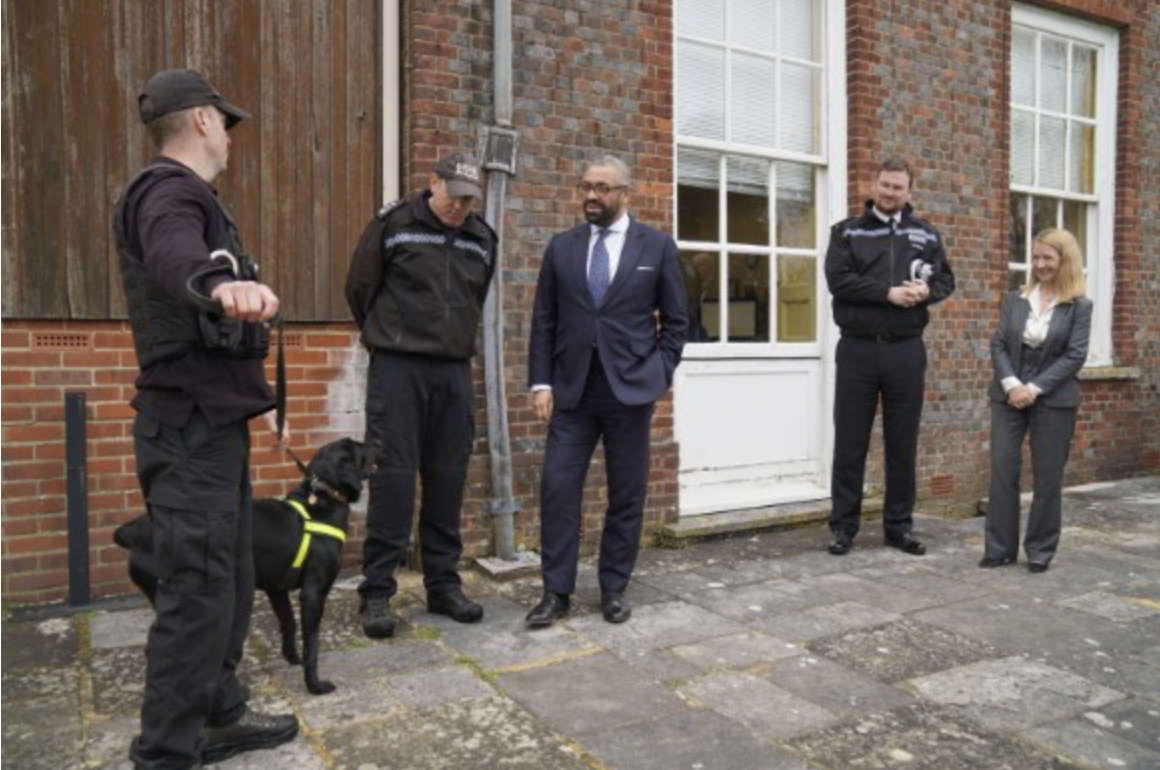
PCC Bourne said:
“It is reassuring to see many organisations working closely with Sussex Police to protect people from spiking and I am grateful to the Home Secretary for his visit and for taking such an interest in the Sussex approach during Anti-Spiking Intensification Week.”
Home Secretary, James Cleverly said:
“The sad truth is we know this (spiking) is a crime that has been habitually underreported, but we know it is very prevalent.
"We’ve had something in the region of 560 reported incidents per month (nationally). But as I said, we know that is underreporting.
“We know that we have to protect women and girls who are predominantly the victims of this crime type, which is why we’re taking this so seriously.”
“We know that with the drugs that are prevalent in spiking, that speed is of the essence.
“And of course, what we’re doing is we’re updating the legislation to make it clear and unambiguous that spiking is a crime. We prioritise the prevention of crimes against women and girls, and the people who perpetrate spiking will be held to account.”

 Officers Release New Images Following Chichester Assault
Officers Release New Images Following Chichester Assault
 Sussex Apprentices Share Experiences During National Apprenticeship Week
Sussex Apprentices Share Experiences During National Apprenticeship Week
 Appeal After Repeated Criminal Damage At Crawley Address
Appeal After Repeated Criminal Damage At Crawley Address
 Former Hove Scout Leader Jailed For Dozens Of Child Sex Offences
Former Hove Scout Leader Jailed For Dozens Of Child Sex Offences
 Men Found Not Guilty Of Rape In Eastbourne
Men Found Not Guilty Of Rape In Eastbourne
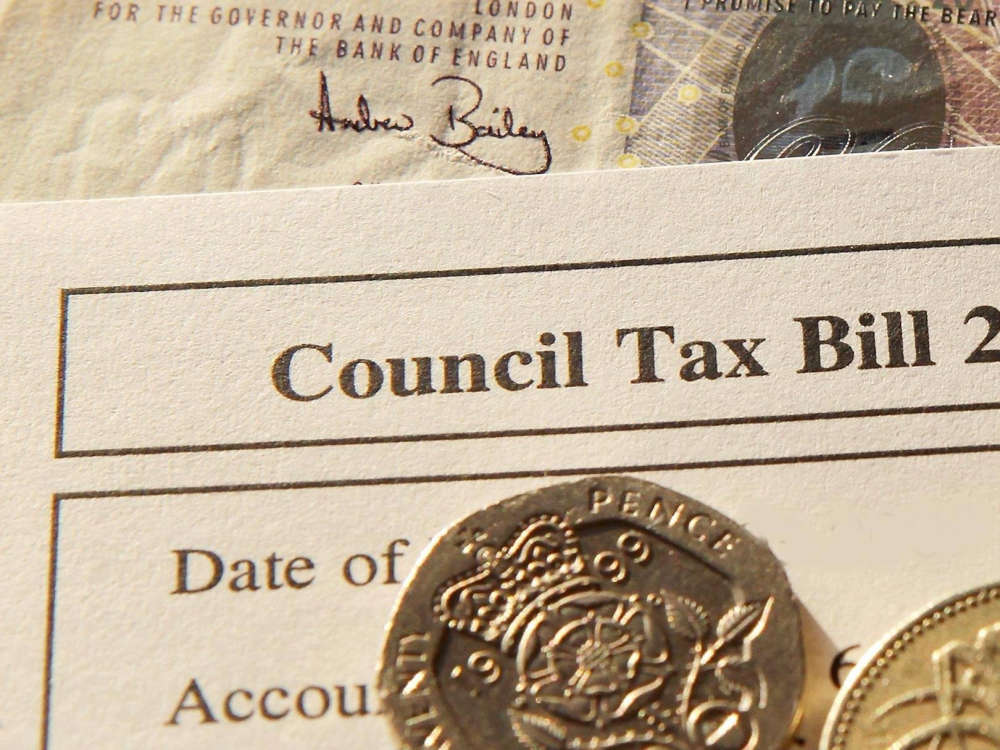 Crawley Residents To Face April Council Tax Rise
Crawley Residents To Face April Council Tax Rise
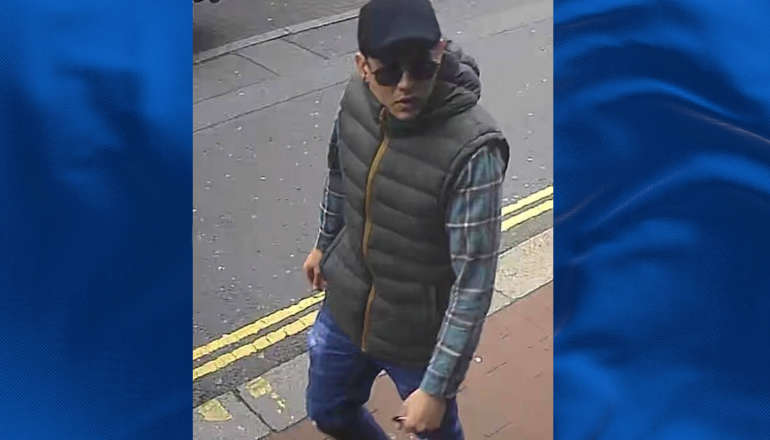 Appeal Over High-Value Distraction Theft In Brighton
Appeal Over High-Value Distraction Theft In Brighton
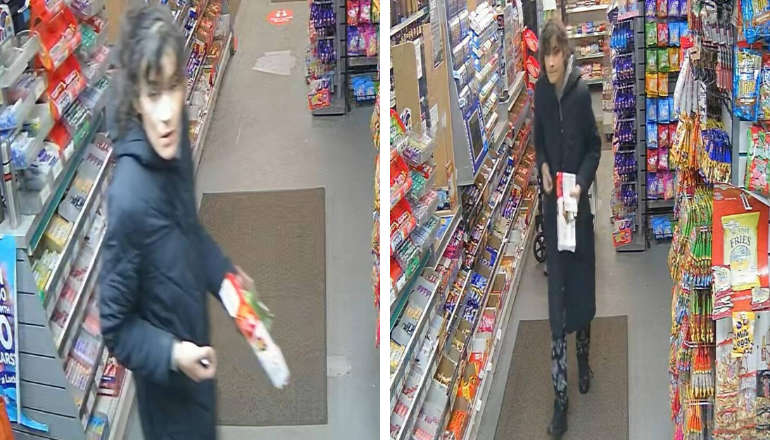 Appeal In Connection With Burglary Near Eastbourne
Appeal In Connection With Burglary Near Eastbourne
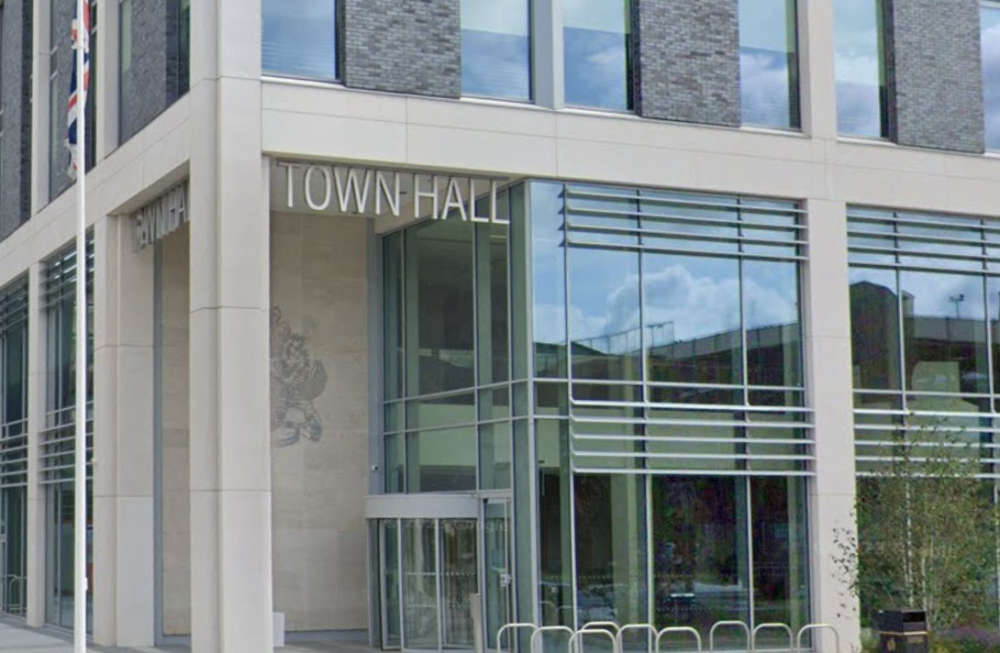 Crawley Tenants Set To Be Hit By Rent Increase
Crawley Tenants Set To Be Hit By Rent Increase
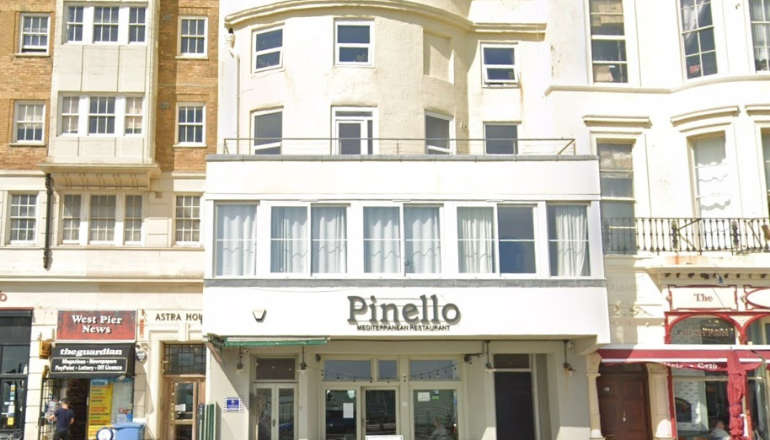 Stone Balustrade To Return To Seafront Building
Stone Balustrade To Return To Seafront Building